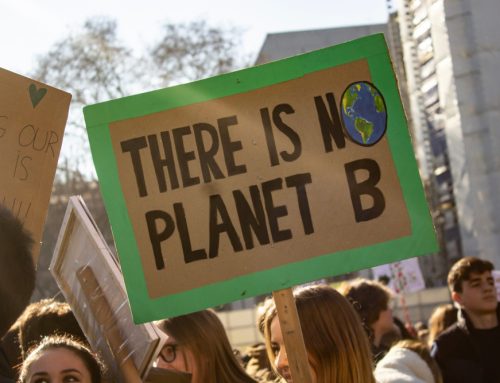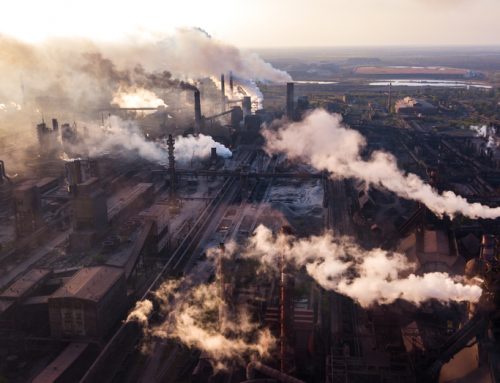New research has found that air pollution was responsible for 8.7m deaths globally in 2018.
Pollution from fossil fuels was the cause of death for an alarming one in five of those dying, according to detailed analysis and study.
The highest death tolls were from countries that consume the highest level of fossil fuels for factories, homes and vehicles. For example, the US and the UK had more than one in 10 deaths caused by pollution. In Asia, the number of deaths in 2018 caused by air pollution was almost a third.
Eloise Marais, a geographer at University College London and a study co-author, said: “We were initially very hesitant when we obtained the results because they are astounding, but we are discovering more and more about the impact of this pollution. It’s pervasive. The more we look for impacts, the more we find.”
The death toll is alarming and is higher than the combined total of people who die globally every year from smoking tobacco and those who die of malaria.
Neelu Tummala, an ear, nose and throat physician at George Washington University School of Medicine and Health Sciences, called air pollution an “invisible killer”.
“The air we breathe impacts everyone’s health but particularly children, older individuals, those on low incomes and people of color. Usually people in urban areas have the worst impacts.”
Scientists have discovered a link between air pollution and causes of heart disease, respiratory ailments and the loss of eyesight.
Ed Avol, the chief of the environmental health division at the University of Southern California (USC), commented: “The authors have applied improved methodologies to better quantify exposures and better document health outcomes in order to reach the unsettling (but not surprising) conclusion that fossil-fuels-combustion-related air pollution is more damaging to global human health than previously estimated. The remote satellite imagery exposure specialists and health epidemiologists on the research team are highly competent investigators and among the most talented scholars in this dynamic field.”
“Fossil fuels have a really large impact upon health, the climate and the environment and we need a more immediate response,” said Marais. “Some governments have carbon-neutral goals but maybe we need to move them forward given the huge damage to public health. We need much more urgency.”








Leave A Comment